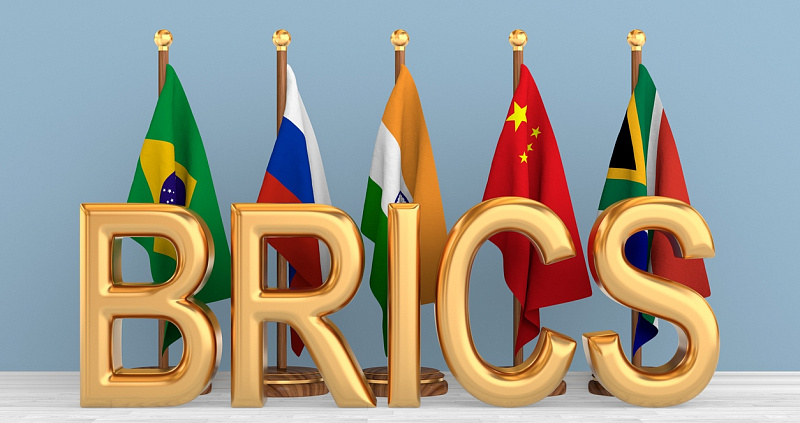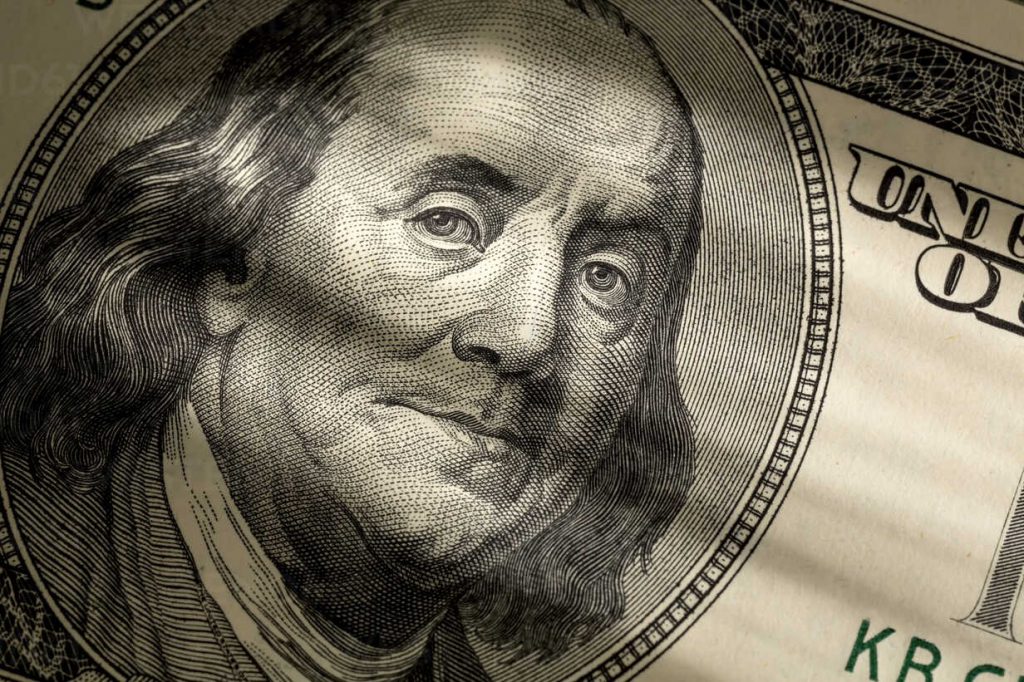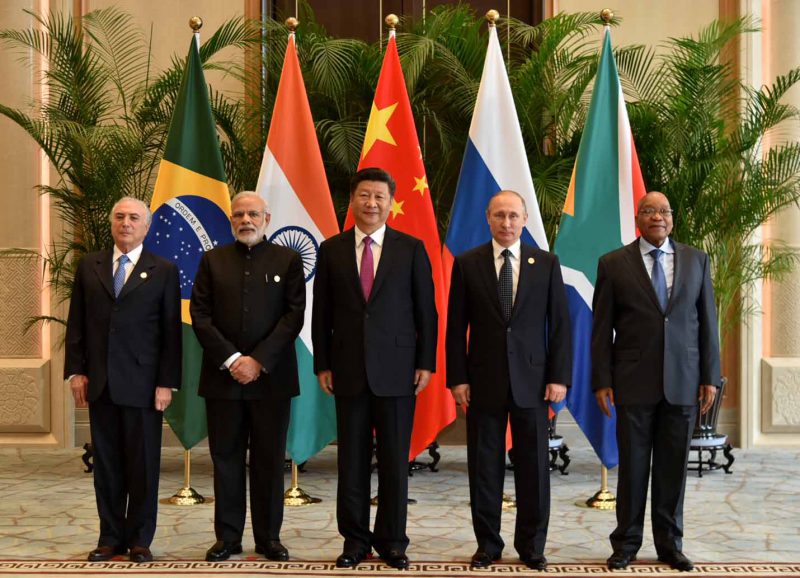In a recent discussion, the University of Johannesburg’s Alexis Habiyaremye, a noted economist, discussed how the BRICS currency could challenge the USD privilege. Specifically, Habiyaremye discussed how systematic and consistent use of the newly developed currency could challenge the greenback’s current position.
As the BRICS summit is set to arrive in August, talks of expansion and an alternative currency will dominate the discussion. Moreover, there are hopes that the new currency could act as a replacement for the dollar. Alternatively, its first use as a trade currency could set the stage for that transition.


BRICS Currency to Challenge Dollar’s Global Reserve Status?
In recent months, de-dollarization has been a constant topic. Moreover, it has set the stage for the growing BRICS bloc to discuss potential alternatives. Specifically, trade within the bloc has seen national currencies already take precedence over the US dollar.
Yet, regarding the eventual success of a BRICS currency, one economist outlined how it could challenge the USD’s privilege. Specifically, senior researcher for the South African Research Chair in Industrial Development at the University of Johannesburg, Alexis Habiyaremye.


Habiyaremye discussed the “disproportionate advantage that the dollar enjoyed in the international monetary system,” in recent statements. “This exorbitant privilege ensures that other countries end up financing the US deficit because the US federal reserve can simply print money, while other countries have to produce goods and services to have access to the dollars.”
Subsequently, Habiyaremye discussed how a BRICS currency could challenge that. “Introducing a new currency, if it were to be used effectively and systematically for all trade transactions between BRICS countries,” he stated. Adding that it “would alleviate the burden on these countries to finance that exorbitant privilege.”
Additionally, he stated that “the BRICS currency has a real prospect of becoming a global currency,” if approached in this way. Specifically due to the economic output of the collective. Moreover, as the bloc grows, it could gain countries set to trade in its currency. Both ideas feed into one another to support the potential transcendence of a BRICS currency.





